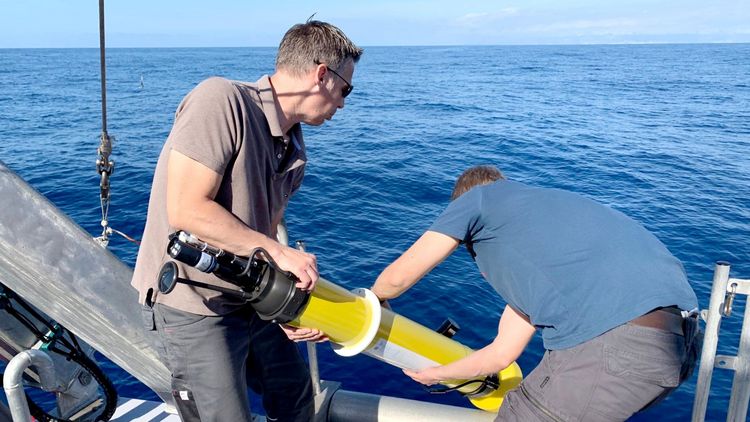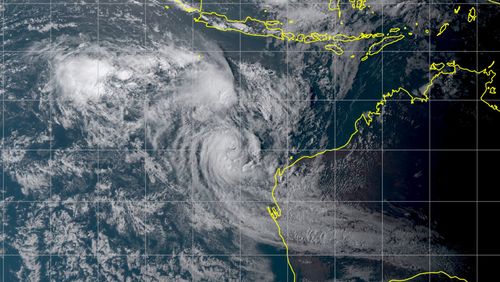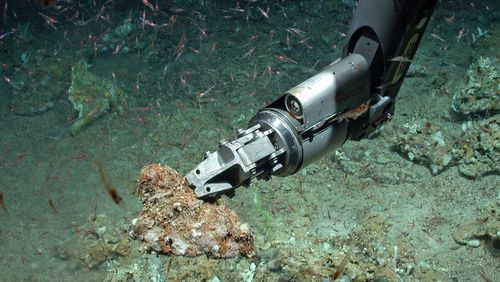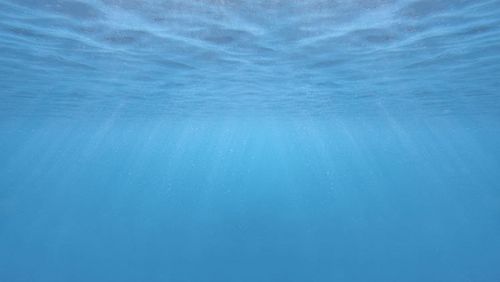Almost 4,000 robotic floats drift through the world's oceans in the international Argo programme to collect environmental data. Researchers at the University of Oldenburg are testing new optical measuring methods that will enable the mini-submarines to record biological and chemical data in the future.
A global network of autonomous profiling floats that gather data from the Earth’s oceans is getting reinforcements: in the DArgo2025 project which started at the beginning of August, a team of Oldenburg marine researchers led by Prof. Dr. Oliver Zielinski of the Institute for Chemistry and Biology of the Marine Environment (ICBM) are equipping six of these "mini-submarines", known among scientists as Argo floats, with various optical sensors to test their effectiveness. This pilot study coordinated by the Federal Maritime and Hydrographic Agency (BSH) in Hamburg will run until the end of 2021. The Federal Ministry of Education and Research (BMBF) is providing around 965,000 euros in funding for the University of Oldenburg's share in the project.
The new floats herald the introduction of a new generation of these oceanographic instruments in the international Argo research programme. The Argo programme was launched in 2000, and more than 30 countries are now taking part. It comprises a fleet of almost 4,000 robotic profiling floats, 160 of which come from Germany. The floats are each about two metres long and drift autonomously with the current through the world's oceans at a depth of 1,000 metres, sinking to 2,000 metres every nine days. From there they rise to the surface, measuring the pressure, conductivity and temperature of the seawater as they ascend. They then send the measured data and their respective positions to a satellite. Argo floats usually spend around four years in the sea until their batteries run out. The data they collect is freely accessible and is used to determine climatic conditions in the oceans.
Mapping the underwater light field
The capacities of this fleet of mini submarines are now being expanded to include floats that can also provide information about biological and chemical processes in the sea. These Biogeochemical-Argo floats – known as BGC floats for short - are equipped with additional sensors. In the Oldenburg sub-project, the team led by Professor Zielinski is working on ways to further enhance the performance of these sensors. The researchers plan to equip six floats with optical sensors that measure the underwater light field, i.e. the residual light in the sea, which becomes weaker as the water depth increases.
"The BGC floats currently in use are usually fitted with a measuring device called a radiometer that can register a maximum of four different light wavelengths," says Zielinski. The main focus of the ICBM project is to test commercially available radiometers that can split light into up to 200 different channels in the ultraviolet and visible light range of the spectrum and measure the respective light intensity, he explains.
With these measurements, biologists plan to document changes in the underwater light field caused, for example, by substances dissolved in the seawater: some organic and also inorganic substances filter out certain colours from the light. Because the underwater light field has a strong influence on algae growth, and thus on the living conditions of animal plankton, fish and other organisms, these optical measurements can provide important information on biological activities in the sea.
Withstanding wind and waves
The team also plans to set up a bio-optical calibration and quality control station at the ICBM’s Centre for Marine Sensor Technology (ZfMarS) in Wilhelmshaven. "We are conducting tests to determine which sensors provide the best results and to what extent the measurements of various different sensors are comparable," says Zielinski. The new sensors must be able to provide reliable results over several years – withstanding wind and waves, biofouling, corrosion and high pressure in the deep sea.
Zielinski and his team are also involved in two other projects funded by the BMBF. In the SpectralArgo-N and BGC-Argo-Next projects, the researchers are testing various other innovative optical sensors for the Argo fleet, including radiometric, photometric and fluorometric measuring devices. In addition, the floats operated by the team are also recording other types of biogeochemical data such as the pH, oxygen content, dissolved organic matter and chlorophyll content of the seawater.






